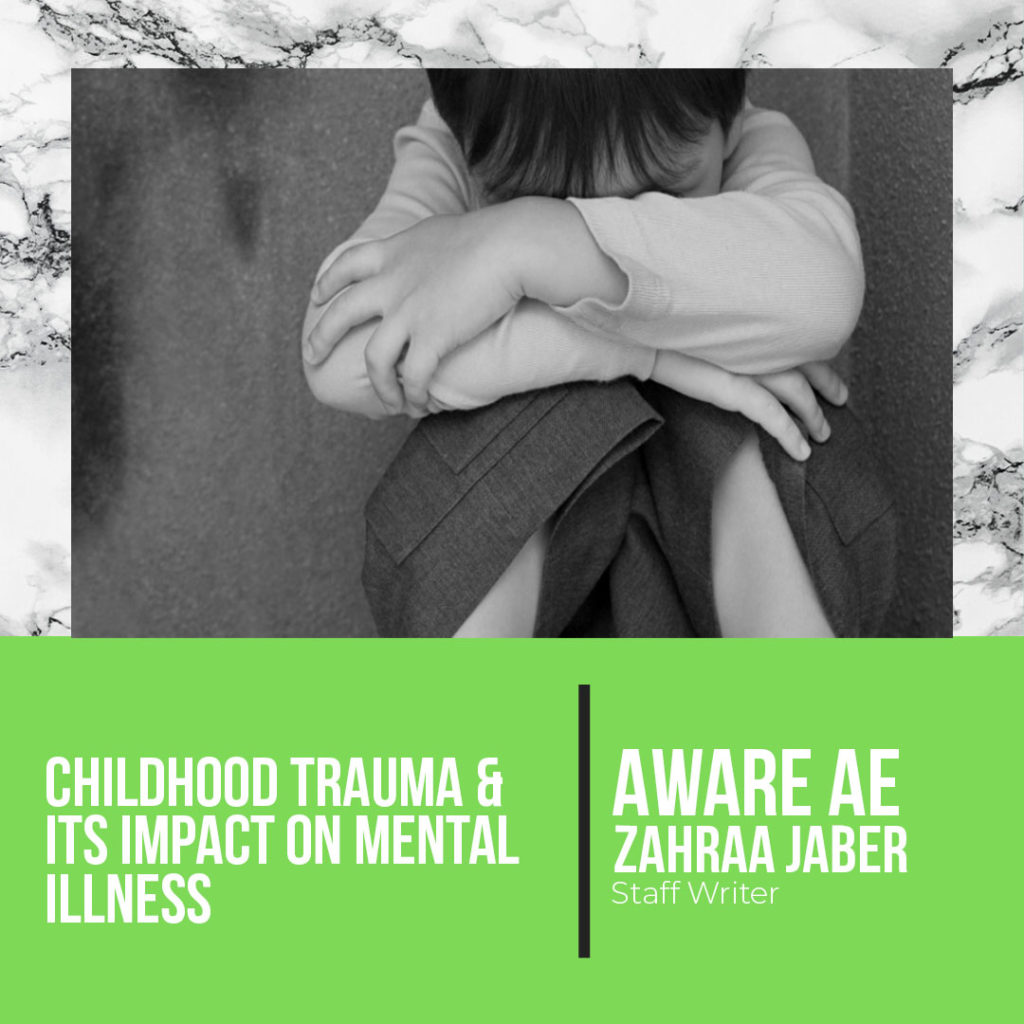Trigger warning: this article discusses trauma and abuse.
The very word “childhood” tends to draw up images of purity, innocence, optimism, and joy. It is the feeling of stability in knowing that you are protected by your family which allows you to form healthy and safe relationships later on in life. While this is the ideal definition and experience of childhood, the reality for many children is a stark contrast to this romanticized expectation.
What is Childhood Trauma?
The National Institute of Mental Health defines childhood trauma as “the experience of an event by a child that is emotionally painful or distressful, which often results in lasting mental and physical effects.” Childhood trauma can occur when a child witnesses or experiences overwhelming negative experiences in childhood such as the overwhelming feelings created in relationships which include abuse, neglect, and violence. This is called interpersonal trauma. Children can also experience traumatic events, some of which can include accidents, natural disasters, war and civil unrest, medical procedures, or the sudden loss of a parent.
How Childhood Trauma Affects Us as Adults
Childhood trauma damages a child’s stability and sense of self, deflating self-worth and often staying with the child well into adulthood. This trauma can also impact a person into adulthood as they experience feelings of humiliation and guilt, feeling disengaged and unable to relate to others, trouble controlling emotions, heightened anxiety, depression, and anger. For example, if a child is abused emotionally, physically, or sexually by someone close to them (often a parent or caregiver), it can condition the way the child forms attachments later in life. They may start to see protectors and caretakers through a different point of view, no longer trusting those individuals to keep them safe or even care about them. Once a child’s sense of identity is broken, it takes years of work to rebuild those broken pieces and have them regain trust.
Childhood Trauma Impact on Mental Health
The effects of child trauma are many, and they are nuanced depending on the trauma and the child themselves. If a child comes from a home that does not provide a sense of security and protection for that child, they may resort to developing their own forms of coping mechanisms, allowing them to function day-to-day just to survive. They may live on eggshells, having become accustomed to a parent or caretaker lashing out. The result is sensitivity to each interaction and the moods of others, fearful that the individual may fly into a rage. These children learn to adapt by withholding their own emotions and making waves, masking their fear, anger, and sadness. According to the National Child Traumatic Stress Network, strong connections exist between childhood trauma and high-risk behavior such as smoking, having unprotected sex, and experiencing chronic illnesses such as heart disease and cancer. Individuals who have experienced abuse are likely to experience stress and anxiety later in life. This long-term stress and anxiety can cause physical symptoms as well as emotional issues throughout life.
Childhood trauma creates a fractured foundation for the individual for the rest of their lives. The way we are raised and the sense of security it creates (or shatters) all impact the emotional, and sometimes physical path, we take as adults.
